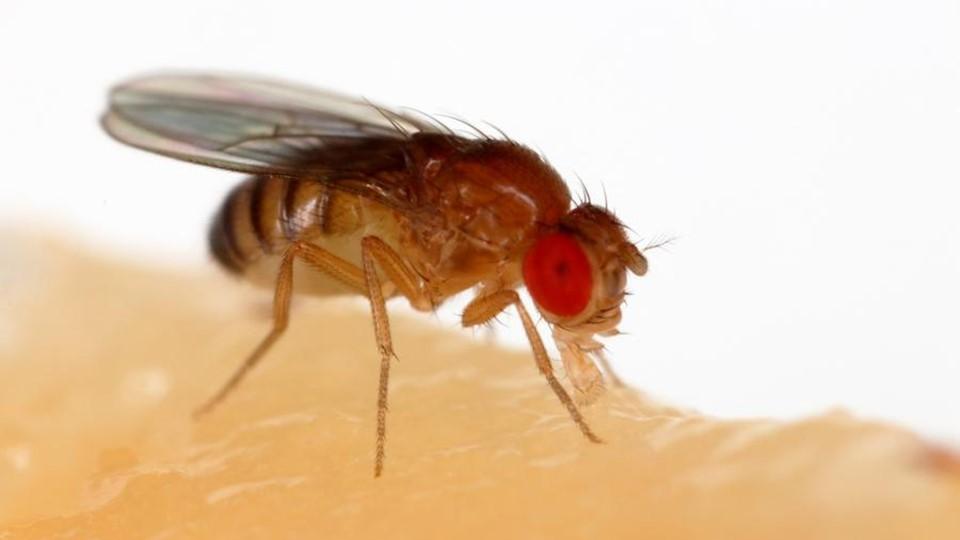Consortium hunts new KRAS drugs with fruit flies and AI

The launch of the first drugs to inhibit the cancer-related protein KRAS was a milestone moment in oncology, but their efficacy wanes over time and tumours can develop resistance, sometimes in just a few months.
Now, a new research consortium aims to tackle that problem, drawing on genetic models of cancer developed by UK biotech Vivan Therapeutics.
Vivan will work with scientists at the Institute of Cancer Research (ICR) in the UK and Spain’s Bellvitge Biomedical Research Institute (IDIBELL) to apply its fruit fly larvae platform to the search for KRAS inhibitor drugs that may be less prone to resistance.
Vivan’s approach is to engineer fruit fly larvae into living, biological models of cancer based on specific genetic signatures, creating ‘avatars’ of the tumours, which can be used to screen compounds for activity against them.
The company already has a collection of fruit fly models that have faults in KRAS, either alone or in conjunction with other genetic mutations, and these will be used along with artificial intelligence and big data-powered drug design to look for small molecules that can simultaneously hit multiple targets – and hopefully make resistance less likely to develop.
The first KRAS inhibitor to reach the market was Amgen’s Lumakras (sotorasib) in 2021, followed in 2022 by Mirati’s Krazati (adagrasib), with both drugs approved to treat a KRAS-mutated form of non-small cell lung cancer (NSCLC).
Their arrival followed decades of effort to develop medicines that could target KRAS, which was once thought to be “undruggable”, and handed a lifeline to patients with this form of cancer. However, in common with most targeted cancer therapies, tumours eventually develop resistance mechanisms that stop the KRAS inhibitors working and the cancer progresses.
ICR’s Professor Paul Workman will bring expertise in small-molecule drug discovery to the consortium, while IDIBELL’s Dr Albert Antolin will use computational methods to narrow the search for new therapies. Once a short list of candidates is drawn up, they will be tested against Vivan’s platform.
“Our goal is to find safe and effective new drugs that are less likely to evoke resistance than current drugs, by targeting multiple weaknesses in cancer at once – and that ultimately benefit cancer patients by giving them new treatment options that last longer than those that are currently available,” said Workman.
Along with its applications in drug discovery, Vivan’s platform is also being deployed to provide personalised therapy to individual cancer patients.
The company creates an avatar of a patient’s individual cancer based on up to 20 mutations, and then screens a battery of drugs against it to see if specific drugs or combinations – including those not normally used to treat cancer – could be effective.
That process can take several months and, eventually, the hope is that an AI could be used to predict what drug cocktails may work based on prior research with the avatar models.
Main image by Sanjay Acharya, via Wikimedia Commons.













